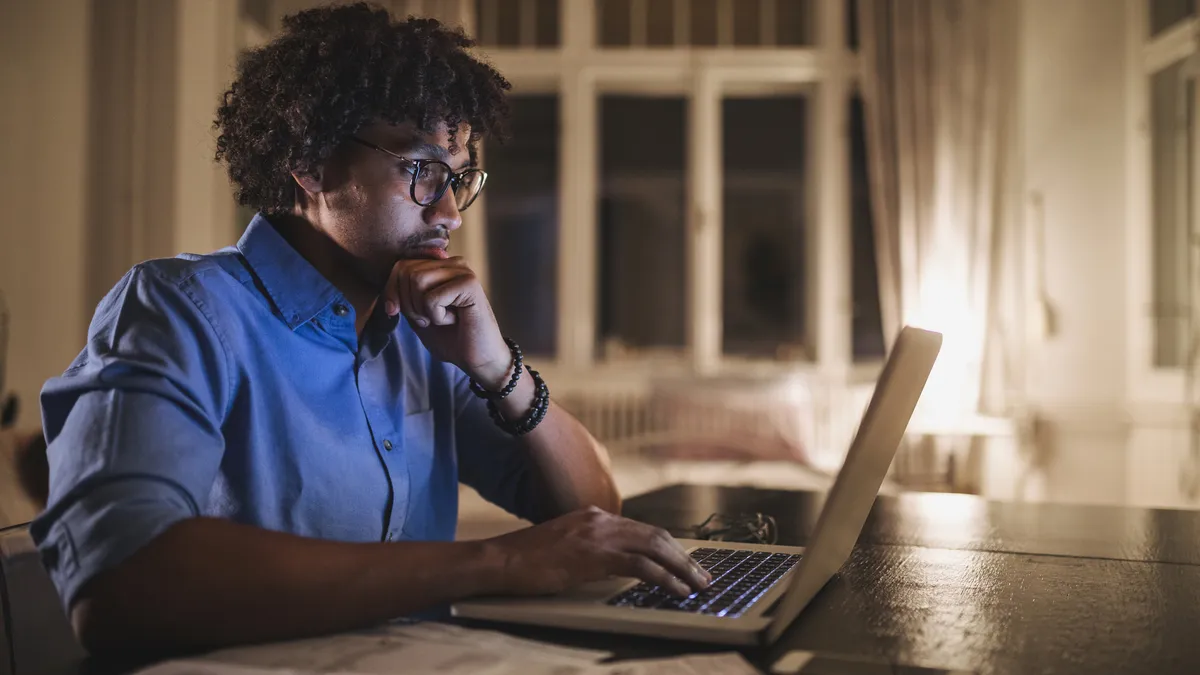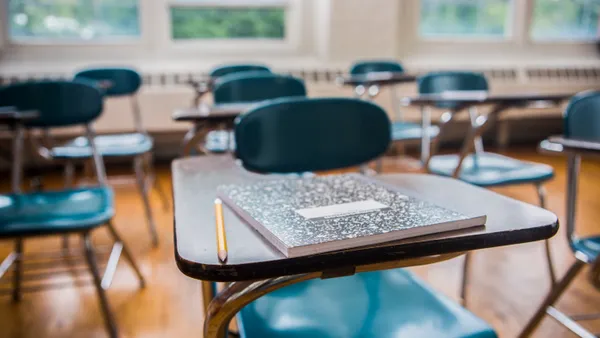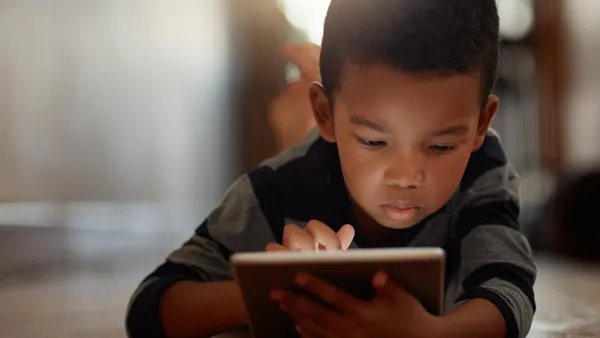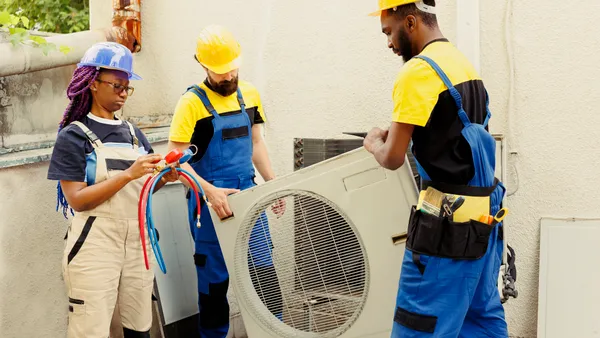Dive Brief:
- Knowing how to successfully interview someone, being able to listen and connect with that person, are skills students can take with them to college and into their future careers, Leah Clapman wrote for Edutopia.
- Clapman, who developed the PBS NewsHour Student Reporting Labs program 10 years ago, said that educators can support students by teaching them how to prepare questions that can elicit thoughtful answers and how to keep an interview moving forward. Educators can also help students learn how to give — and receive — feedback.
- As students grow more comfortable with their interview abilities, they may want to take their skills outside their school community. "Experts of all kinds are generally receptive to spending time talking to students now that most are working from home, so encourage your students to follow their curiosity," Clapman wrote.
Dive Insight:
Students can develop skills, from empathy to active listening abilities, by connecting with others — even over the internet. These social-emotional learning tools, from social awareness to relationship skills, can help improve how they connect and engage with others, whether that’s classmates today or colleagues in the future.
SEL skills can also be taught and mastered online, experts say, which is key as that’s the learning environment many students are facing given impact of the coronavirus. Videoconferencing tools, for example, can deliver facial expressions and body language, both of which are useful at helping students understand what someone is trying to convey beyond just their words.
Educators can tie SEL skill building into the curriculum during coronavirus closures, through class activities, such as asking students to interview each other or outside experts, for assignments that align with lesson plans. In that way they can tie project-based learning into a digital-facing curriculum.
For example, a social studies teacher could ask students to interview someone in their family who lived through a historic moment. English language arts courses could launch a student newspaper, where learners interview each other about the personal experiences they’re facing.
Educators could also task students with active listening exercises, teaching them how to listen without interrupting, for example, a skill that’s particularly useful when video delays can make conversations more difficult. By embedding SEL skill development into curriculum, experts say, students can both tackle necessary academic work, but also fine-tune tools that can help them navigate this new learning space and wherever they go next.






 Dive Awards
Dive Awards







